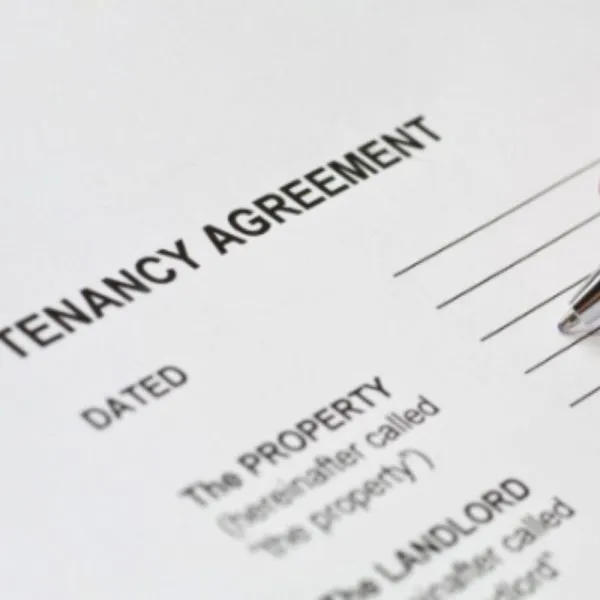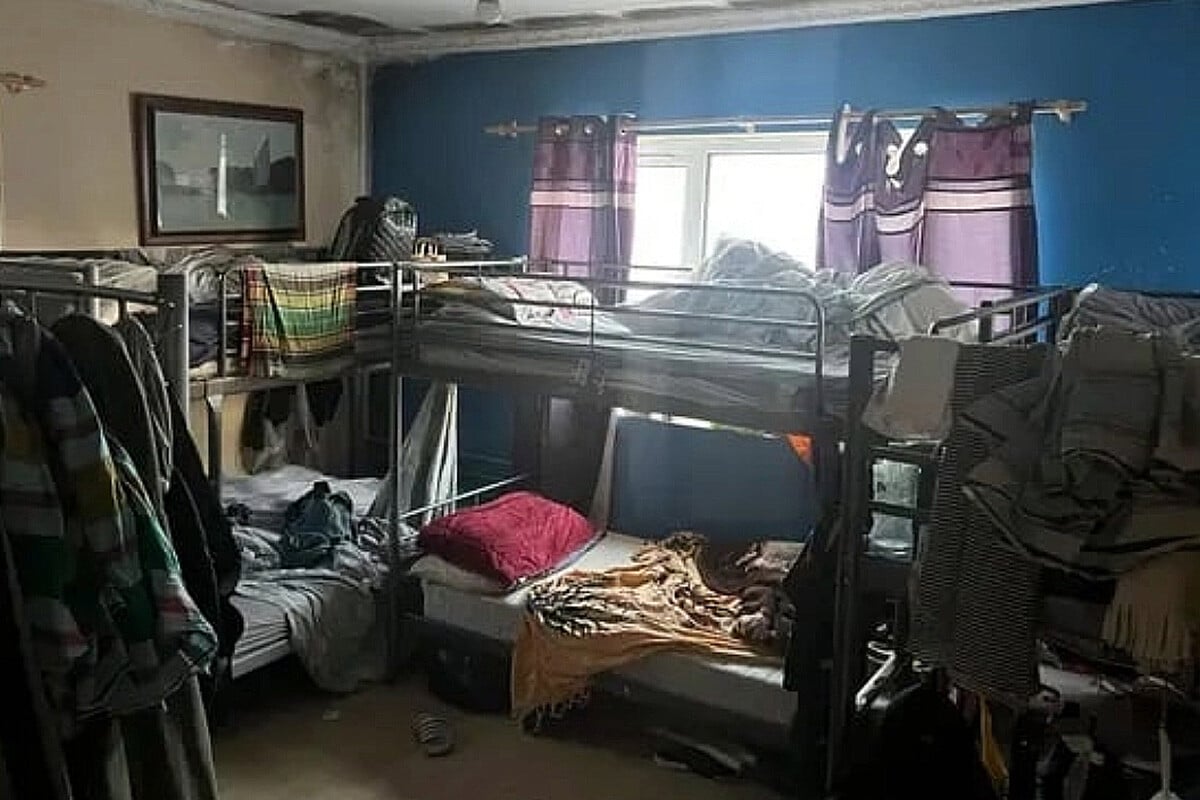When it comes to lease renewals, landlords often face a unique set of challenges, especially when not all tenants are on board with signing the new agreement. While complex, this situation is not uncommon and requires a careful approach that respects UK law and the rights of landlords and tenants.
Understanding the Legal Framework:
In the UK, the process of lease renewal and tenant rights are governed by various legislations, including the Housing Act and Landlord and Tenant Act. Landlords must understand these laws to navigate lease renewals smoothly.
Scenario: Not All Tenants Sign the Renewal
Imagine a situation where a property is rented to multiple tenants under a joint tenancy agreement. As the lease comes up for renewal, one or more tenants decide not to sign the new agreement. This scenario raises several questions:
- What are the rights of the non-renewing tenant?
- How does this affect the continuing tenants?
- What legal steps should a landlord take in this situation?
Rights of the Non-Renewing Tenant:
Under UK law, a tenant who doesn't wish to renew their lease has the right to leave the property at the end of the current tenancy agreement, provided they give appropriate notice. The notice period is typically outlined in the initial tenancy agreement.
Impact on Continuing Tenants:
For those who wish to stay, the landlord must consider whether to draft a new agreement with the remaining tenants or to find a new tenant to replace the one who is leaving. This decision should consider the tenants' preferences and the landlord's policy on joint tenancies.
Legal Steps for Landlords:
- Notice and Communication: Ensure clear communication with all tenants about their intentions. Provide the necessary notices as required by law.
- Revising the Tenancy Agreement: If some tenants are continuing, a new agreement must be drafted to reflect the change in tenancy.
- Deposit Adjustments: Adjustments to the security deposit may be necessary, and any changes should be documented and communicated clearly.
- Finding New Tenants: If seeking a new tenant, ensure that this process adheres to fair housing practices and the terms of the existing tenancy agreement.
Conclusion:
Lease renewal when not all tenants are willing to sign is a complex issue but manageable with the proper knowledge and approach. Landlords should aim to handle such situations fairly and in accordance with UK law, ensuring the rights of all parties are respected.
For assistance in managing property and rent arrears challenges, contact Helpland for expert advice and tailored solutions.





